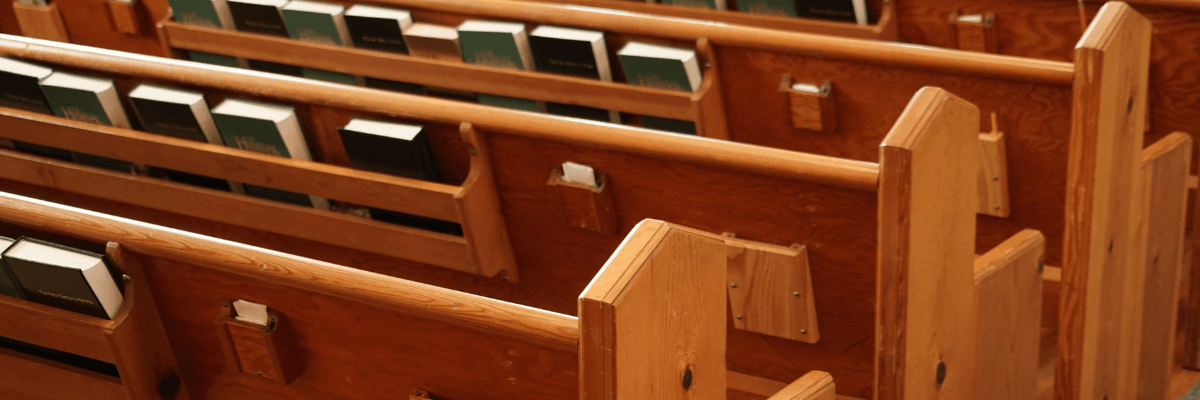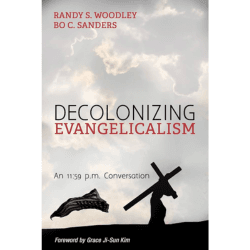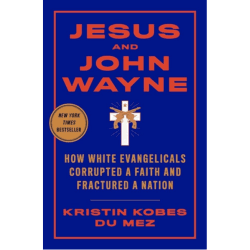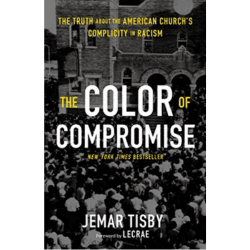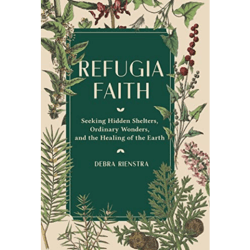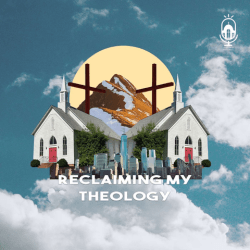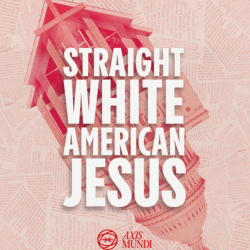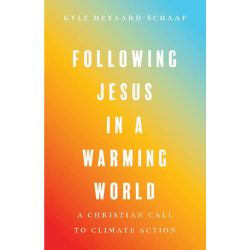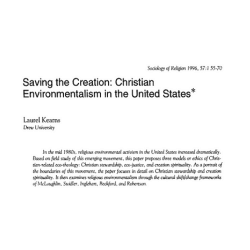Unpacking Evangelicalism
What does the E in YECA mean to us? “Evangelical” is a complex label in our current world. It comes from the Greek euangelion, which translates to “bringing of good news.” However, more recently evangelicalism has become entwined with religious fundamentalism, white supremacist ideology, and Christian Nationalism, none of which are good news. We still bear the evangelical moniker, and do so–in part–to reclaim the gospel as good news. But this is not without deep wrestling, questioning, and deconstruction of evangelicalism’s complicated past and present. We encourage anyone grappling with questions around this label to engage with the following resources that have shaped our understanding of evangelical Christianity and what it means to be a Young Evangelical for Climate Action.
History of the Movement
YECA was founded in 2012 when the Evangelical Environmental Network (EEN) gathered twelve young evangelicals in Washington, D.C. to bring the voice of young Christians to the climate movement and upcoming presidential election. YECA has been around for just over a decade, but we are just a small part of a larger environmental and creation care movement that has shaped the landscape of today. From Rachel Carson’s Silent Spring and the establishment of the Environmental Protection Agency in 1970, to multiple tragic oil spills and landmark Supreme Court decisions like Massachusetts v. EPA in 2007, the modern environmental movement has a complicated and rich history of moving us toward a better, healthier future for the entirety of God’s creation.
Just as with the broader movement, much has changed since our founding. But our commitment to loving God and loving our neighbors through bold, wholehearted climate action has not. The following resources provide a deeper dive into the history of creation care.
Resources denoted with an asterisk have authors/creators who are or have been directly involved with YECA and our programs and/or leadership.

